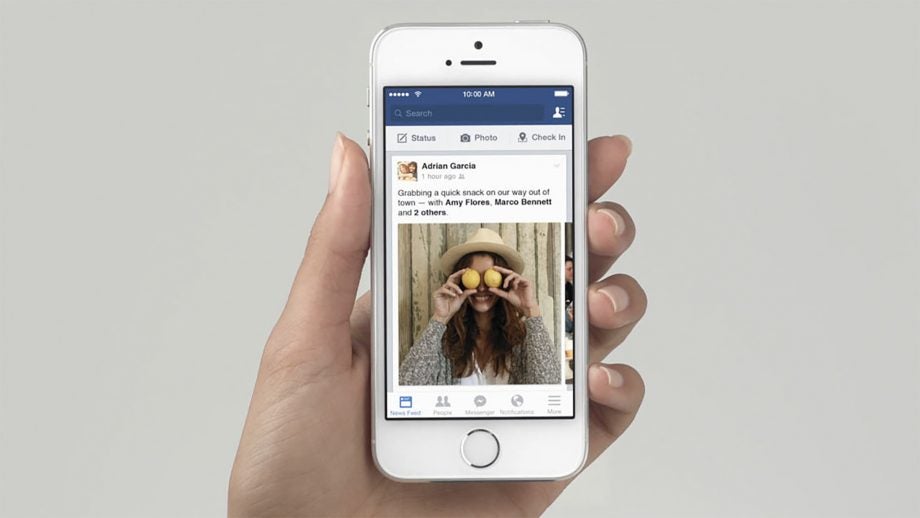Facebook finally admitted it can be really bad for your mental health

Facebook has acknowledged studies claiming passively scrolling through your news feed can negatively affect your mental health, just days after a former VP called-out the company for ‘ripping society apart.’
In a blog post, Facebook admits those users “passively scrolling information” could end up “feeling worse” as a result.
Citing a range of studies, including one in particular from the University of Michigan, Facebook says it is taking note of the research community’s findings, as it seeks to facilitate “meaningful interactions” for users.
“In general, when people spend a lot of time passively consuming information — reading but not interacting with people — they report feeling worse afterward,” David Ginsberg, Director of Research, and Moira Burke, Research Scientist at Facebook wrote.
“In one experiment, University of Michigan students randomly assigned to read Facebook for 10 minutes were in a worse mood at the end of the day than students assigned to post or talk to friends on Facebook.”
Related: How to permanently delete your Facebook account
Facebook also referenced research from UC San Diego and Yale, which found Facebook those who clicked or liked more posts than average users “reported worse mental health than average.”
The firm says this may be due to “negative social comparison” or the theory that the “internet takes people away from social engagement in person.”
Meaningful interactions
Jeepers. So what is Facebook doing about it?
Well, according to Mark Zuckerberg, it’s all about encouraging meaningful social interactions, rather than passive consumption.
For example, the firm reckons the ‘On This Day’ feature helps bring people together “in times of need” or helps them recall memories of great times.
Facebook also says initiatives to improve the News Feed quality to ensure we see less clickbait and false news, while increasing the prominence of content from friends you care about, should help foster that sense of meaningful interaction.
The new Snooze button, which temporarily mutes the Debbie downers in your friends list, and the ability to ‘Take a Break’ from an ex-partner can also create some much needed emotional respite, Facebook says.
The company wrote: “Millions of people break up on Facebook each week, changing their relationship status from “in a relationship” to “single.” Research on peoples’ experiences after breakups suggests that offline and online contact, including seeing an ex-partner’s activities, can make emotional recovery more difficult. To help make this experience easier, we built a tool called Take a Break, which gives people more centralized control over when they see their ex on Facebook, what their ex can see, and who can see their past posts.”
The company also cites the effectiveness of its suicide prevention tools. The question is, how many people are feeling that way as a result of spending too much time on Facebook?
Do you think Facebook has had a positive or negative influence on your life? Would you like to ditch it completely, but can’t seem to pull the plug? Drop us a line @TrustedReviews on Twitter.


